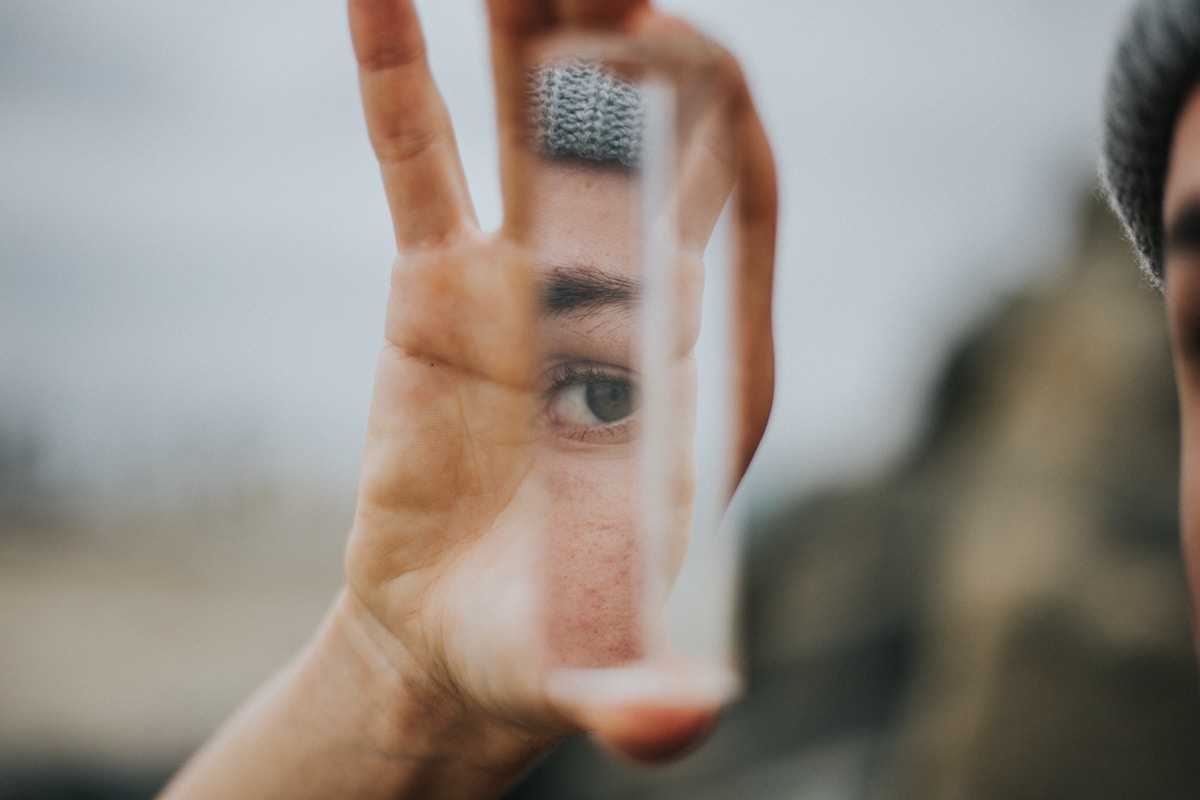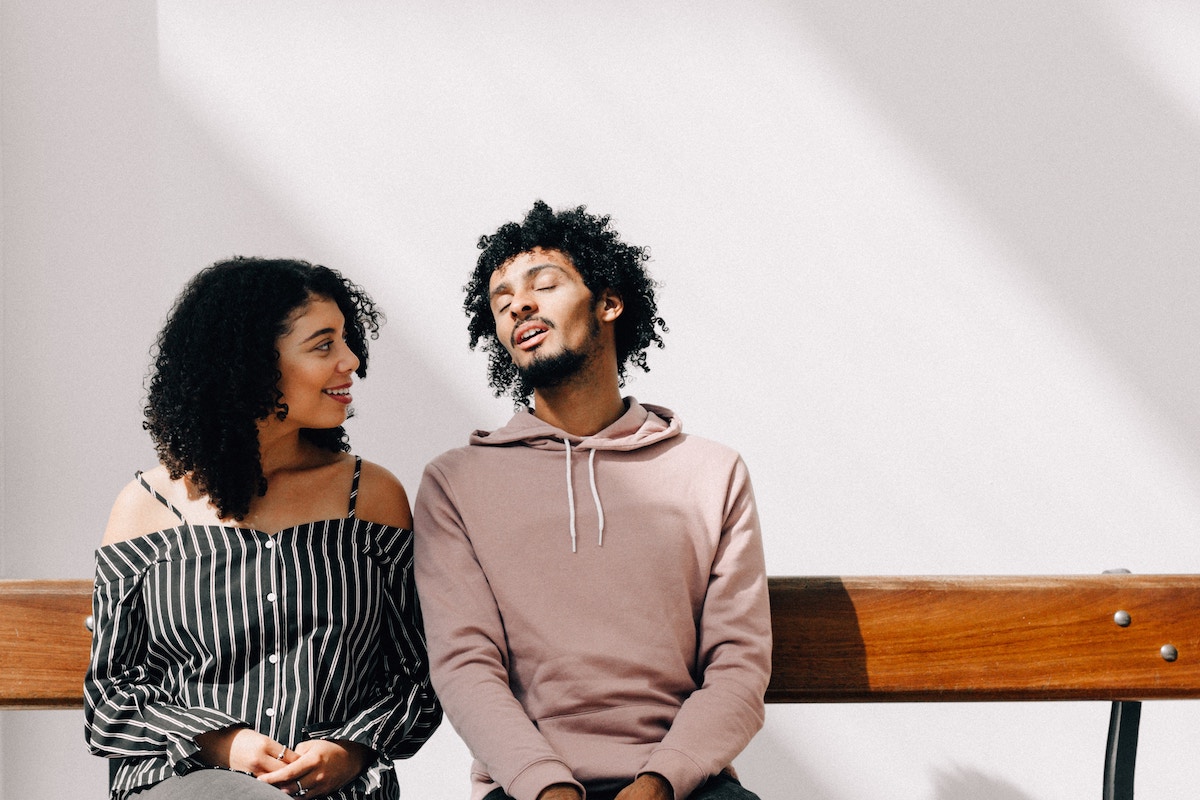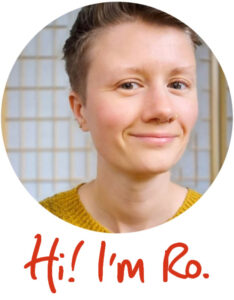When To Say, “I Love You”

Last Valentine’s Day I sent messages to everyone in my life who I loved, who I wasn’t already in the habit of telling regularly, and told them so. This included family, housemates, close friends old and new. This is not a common thing for me to do. Sending those messages made me feel nervous; a fluttery kind of embarrassment around the vulnerability of being seen. And, of course, the fear of being laughed at, rejected, or ignored.
But those were platonic relationships. Easy! (Relatively.) What about lovers? What about those with whom we have no intention of jumping on a relationship ladder with? Or even those we do? How and when do we express love for those we’re sexually or romantically involved with, without giving anyone the wrong idea? How do we show our love when it’s so easy to have different definitions of love outside of conventional relationship structures?
Much of my personal journey recently has been involved with decoupling feelings from stories. The classic story heard when a partner or lover reveals their love is that of commitment, of escalation: I love you, I want to be with you forever, I want you to love me back. Perhaps it also involves expectations such as living together, getting married, or having children. But none of those things are actually love; they are stories that we tell ourselves when we hear “I love you.” Just as we might get caught up in stories of never being good enough if we feel frustrated over failing a small task, we can allow ourselves to conflate a spontaneous feeling with something much bigger, unintended, and unhelpful.
If we can learn to separate the stories from the feeling, then suddenly we are much freer to express love, as we feel it, with no expectations. As Carsie Blanton says, we can “allow it to be what it is: a sweet, ephemeral, exciting feeling to experience and share.”
We can tell those we love that we love them, knowing that we don’t need anything in return from them. It doesn’t mean anything other than what it is. In my experience, instead of cheapening the love I have for others, I notice that focusing more of my attention on it allows it to grow and expand.
This can get us into trouble, though. Unless our beloved is similarly adept at letting go of stories as we are, we have potential heartbreak on our hands. We must take responsibility for our actions as much as our reactions, meaning here that we must consider how these words will be received. There are some people to whom “I love you” will always be seen as an escalation, or inextricably tied up with other expectations or consequences. Perhaps these are people we shouldn’t be dating. Or perhaps we can be more careful with our words. Can we express something else authentically that would feel less loaded to our loved one? Gratitude? Care? Feelings of safety, closeness, connectedness?
Perhaps, as well as being more free to express our love for those closest to us, we can expand our vocabulary too to include all of these things.
Another way to expand our vocabulary could be to clarify what our love does mean. For me, love happens in the present. I love this person for all they are, right here and right now, and I want to share this with them. I can explain that I don’t need them to reciprocate or do anything about it, that it doesn’t mean that I’ll be doing anything else about it either. That I just want them to know that they are loved.
A little clumsy, perhaps, to those of us who have grown up with rom-coms and over-simplified expressions of what love is and is not, and no role models to demonstrate expressing romantic love without the stories attached. To me, this feels like a new skill to learn: using more words, and becoming more comfortable with finding clearer ways of expressing what I feel. But it seems a very necessary skill, while we collectively navigate alternative ways of exploring relationships.
And as for my Valentine’s Day messages, I was not laughed at, rejected, or ignored. I received heartfelt responses of gratitude and love, and really felt for the first time how important a thing this is to do, with our lovers as well as our friends.




1 Comment